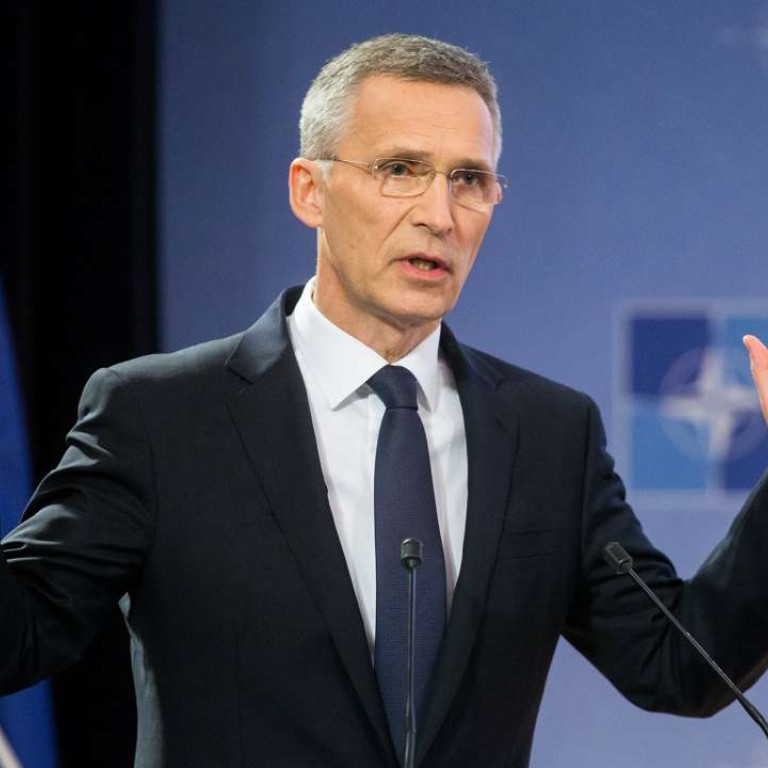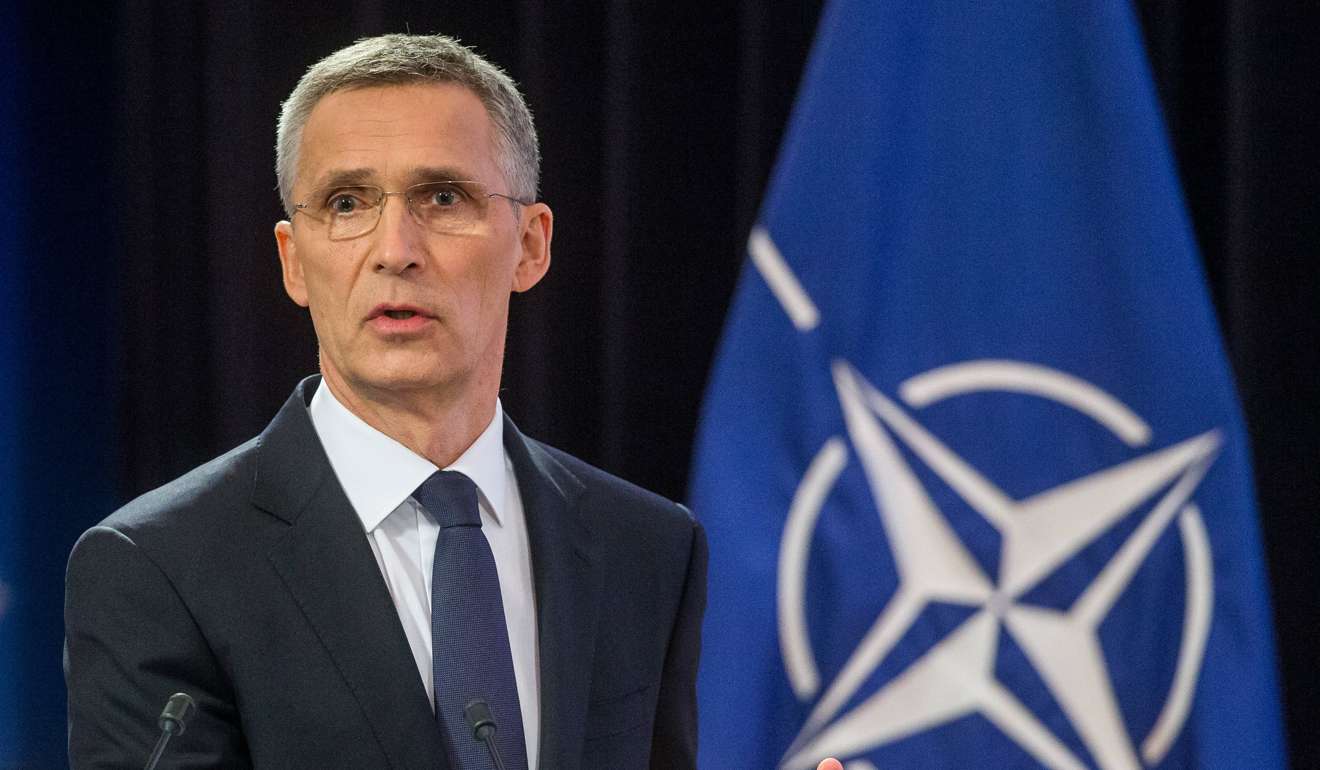
Nato chief attempts to reassure Trump on defence budgets
Nato’s secretary-general has urged European allies to spend more on their military budgets as he seeks to reassure US President Donald Trump that members will pay their fair share.
We still do not have fair burden sharing within our alliance
“We still do not have fair burden sharing within our alliance,” Jens Stoltenberg said as he released his annual report on the world’s biggest military alliance.
Only five allies meet the target of spending 2 per cent of gross domestic product on defence: the US, Britain, Estonia, debt-plagued Greece and Poland.
“All allies should reach this goal. All allies have agreed to do it at the highest level,” Stoltenberg said, recalling a commitment by presidents and prime ministers in 2014 to do so.
Trump suggested during election campaigning that he might not defend allies who fail to meet the target, rattling the 28-nation military alliance, particularly countries bordering Russia.
Stoltenberg’s report, part of his drive to mollify Trump, shows that European allies and Canada spent a total of roughly US$10 billion more on defence last year in real terms than in 2015.
Faced with a more belligerent Russia that has sent troops into Georgia and Ukraine in recent years, Nato allies have halted the slide in spending but many are still well below the target. New spending figures in the report suggest France and Turkey are not far from it, but that seven members would need to roughly double their spending to get there.

Romania, Lithuania and Latvia all expect to reach the target before the end of next year.
The 2 per cent target remains controversial. GDPs fluctuate in times of boom and bust, and just because a country spends a certain amount, it doesn’t mean that the money is being spent wisely.
Correct spending levels don’t guarantee adequate forces can be efficiently deployed into battle and sustained by efficient supply lines. If Germany met the figure, for example, it would be spending on defence more than Russia does, and it is unlikely its armed forces could efficiently absorb the extra money anyway.

